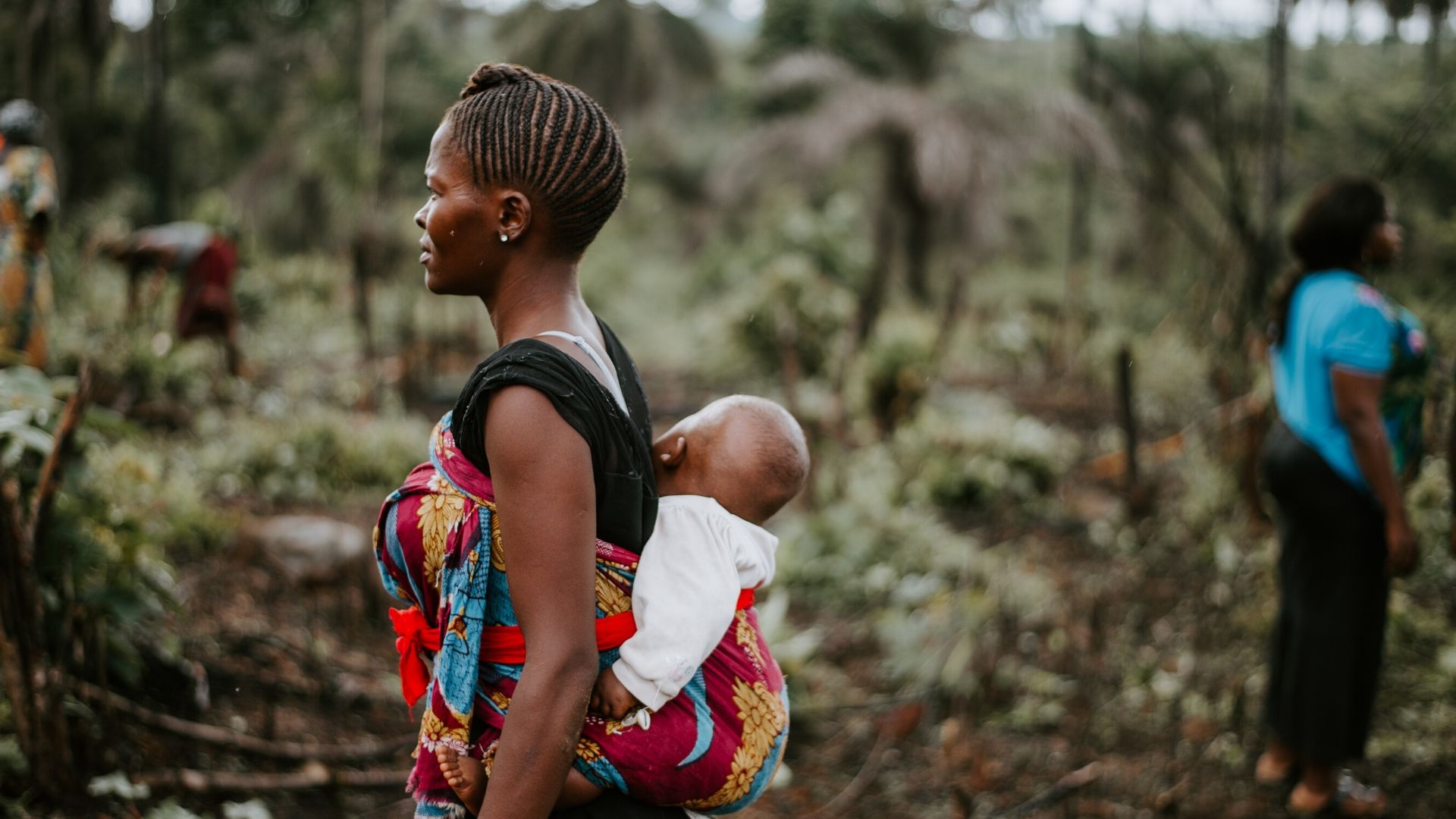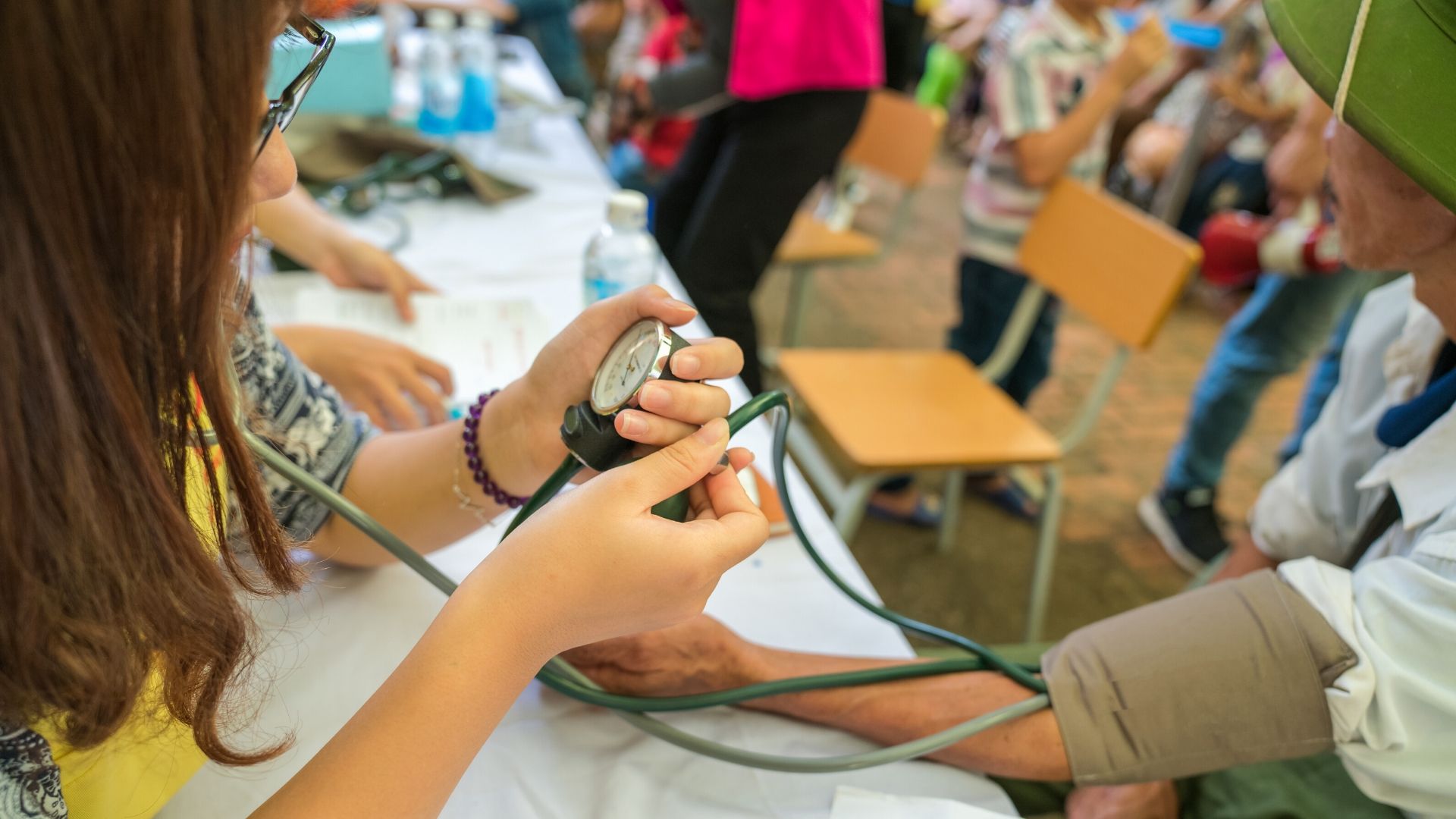In recent years, sparks of innovation have emerged from unexpected places. Brewing in the rainforests of South America and communities in sub-Saharan Africa, these interesting ideas carry great potential for improving the field of global health. In particular, these breakthroughs can have marked advantages for underserved and disadvantaged communities all over the world. For example, despite Uganda being a low-income country, it’s the birthplace of a very interesting and pioneering technology that can save the lives of tens of thousands of babies.
Overcoming preconceived notions, Uganda is proving that low- and middle-income countries have great potential for contributing to advancements in global health.














